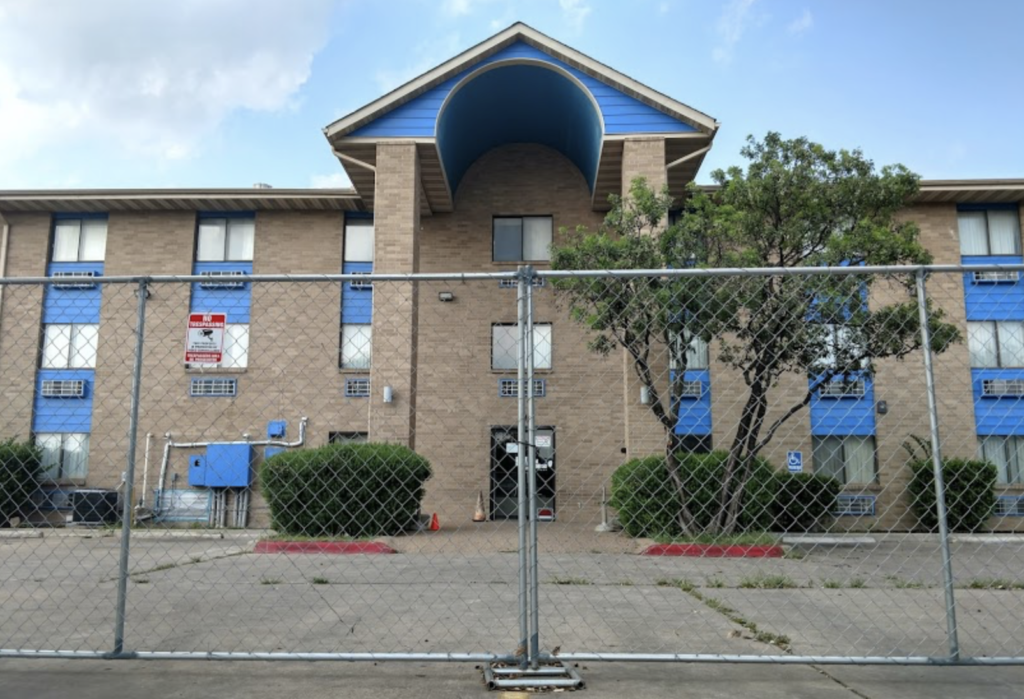(By PATRICK DAVIS)
Residents of Austin’s Parker Lane neighborhood were initially alarmed when they learned that the nearby Rodeway Inn would be converted into homeless housing. Several news reports categorized the project as a shelter.
Nearby homeowners were worried that the Rodeway Inn would become a facility similar to the Austin Resource Center for the Homeless (ARCH) and that it would bring homeless camping and violent crime to the area. However, after they learned more about the plan, some of those initial concerns have eased for now.
Henri Daumas is president of the Timber Ridge Homeowners Association. After first learning about the Rodeway Inn project in November 2019 from a local newscast, Daumas and other neighbors had a lot of “mechanical questions about how the process was going to work.” Those questions led Daumas and other Timber Ridge residents to attend a city council meeting where they got some answers and connected with Austin’s Ending Community Homeless Coalition (ECHO).

ECHO’s Director of Community Housing, Bree Williams, explained that the Rodeway Inn project, which is part of the Housing First strategy, will be more than a shelter and will provide permanent supportive housing to those experiencing homelessness in Austin. According to Williams, “the ongoing need to educate the community around projects like this” is one of the biggest hurdles ECHO faces.
Permanent supportive housing is an intervention aimed at the most vulnerable of the homeless population. The system is focused on:
● Long-term limited rental assistance
● Ongoing voluntary supportive services with no time limit
● A physical structure where housing and services can occur
The U.S. Department of Housing and Urban Development provides grants to nonprofits working to end homelessness via the Continuum of Care Project. ECHO serves as Austin’s Continuum of Care lead agency.
According to ECHO’s website, “Continuum of Care funds serve as a catalyst for our community to create a systematic response to ending homelessness and drive policy for our Coalition of service providers.”
ECHO will manage the Rodeway property and contract and manage supportive services such as social workers and healthcare providers.
In addition to getting people off the street, permanent supportive housing can also reduce jail or prison reincarceration and health care costs.
According to a report by the Center on Budget and Policy Priorities, supportive housing can save $6,000 a year per person because of reduced emergency room visits and fewer days spent in hospitals and nursing homes.
The city closed on the Rodeway Inn motel on April 16. The property is currently undergoing treatment for mold mitigation after which it may be used in response to COVID-19. Further renovations are necessary before the property is suitable for permanent supportive housing.
Williams has hosted monthly meetings with Timber Ridge residents, the Austin Police Department, and APD’s Region 3 Innovation Safety Engagement (RISE) team. The purpose of the meetings is to maintain “a constant dialogue and open communication with folks so that we’re working with each other,” Williams said.
Based on her own experience, Williams claims, “There is no direct correlation between a rise in crime or anything of that nature.”
The information provided by ECHO has eased neighbors’ worries. As Daumas said, “Now that we have information, we’re not as concerned about it.”




